A recent study published in The Lancet reveals a stark reality: around 1.8 billion people worldwide are physically unfit. This figure represents nearly one-third of the world's population, showing that about 31% of adults failed to meet the World Health Organization's (WHO) recommended physical activity levels in 2022. This trend is not only troubling but is also expected to rise by 35% by 2030, posing significant risks to global health.
WHO's Physical Activity Guidelines: The WHO advises that adults should engage in at least 150 minutes of moderate-intensity or 75 minutes of vigorous-intensity physical activity per week. Meeting these guidelines can help prevent serious noncommunicable health issues, including heart disease, type 2 diabetes, dementia, and certain cancers. However, the study's findings indicate a global failure to meet these standards, highlighting a missed opportunity to enhance public health.
Regional Disparities in Physical Inactivity: The study highlights significant regional disparities in physical inactivity. The highest inactivity rates were found in the high-income Asia Pacific region, around 48%, and South Asia, around 45%. In contrast, inactivity levels in other regions ranged from 28% in high-income Western countries to 14% in Oceania. These differences point to varying levels of access to physical activity resources and differing cultural attitudes towards exercise.
Gender and Age Disparities: Disparities in physical inactivity also persist between genders and age groups. Globally, inactivity is more common among women (34%) than men (29%), with some countries showing a gap as wide as 20 percentage points. Additionally, people over 60 are less active, highlighting the need for targeted interventions to promote physical activity among older adults.
Health Risks of Physical Inactivity: "Physical inactivity is a silent threat to global health, contributing significantly to chronic diseases," said Dr. Rüdiger Krech, Director of Health Promotion at WHO. Inactivity increases the risk of serious noncommunicable health issues, including heart disease, type 2 diabetes, dementia, and certain cancers. "By making physical activity accessible, affordable, and enjoyable for all, we can reduce the risk of noncommunicable diseases and create a healthier, more productive population," Dr. Krech added.
Missed Opportunities for Better Health: "These findings reveal a missed opportunity to lower cancer and heart disease rates and improve mental well-being through more physical activity," said Dr. Tedros Adhanom Ghebreyesus, WHO Director-General. He emphasized the need for stronger policies and increased funding to boost physical activity levels worldwide.
Signs of Progress: Despite the worrying results, there are signs of progress in some countries. Almost half of the world’s countries have made some improvements over the past decade, and 22 countries are on track to reduce inactivity by 15% by 2030, if current trends continue. This progress shows that with the right policies and efforts, it is possible to increase physical activity levels and improve public health.
Steps to Increase Physical Activity: To address the global physical inactivity crisis, several measures can be implemented:
1. Public Awareness Campaigns: Governments and health organizations should launch campaigns to raise awareness about the importance of physical activity and provide information on how to incorporate it into daily life.
2. Accessible Facilities: Building and maintaining public parks, walking paths, and sports facilities can make it easier for people to engage in physical activity.
3. Workplace Initiatives: Employers can promote physical activity by providing gym facilities, organizing fitness classes, or encouraging walking meetings.
4. School Programs: Schools should include physical education in their curriculum and provide opportunities for students to be active throughout the day.
5. Community Programs: Local governments and community organizations can offer fitness programs and events to encourage physical activity among residents.
The global increase in physical inactivity is a significant public health issue that requires urgent attention. By taking steps to promote physical activity, governments, health organizations, and communities can reduce the risk of noncommunicable diseases and improve the overall health and well-being of their populations. With concerted efforts, it is possible to reverse the trend of rising inactivity and create a healthier, more active world.

 The global increase in physical inactivity is a significant public health issue that requires urgent attention.
The global increase in physical inactivity is a significant public health issue that requires urgent attention.






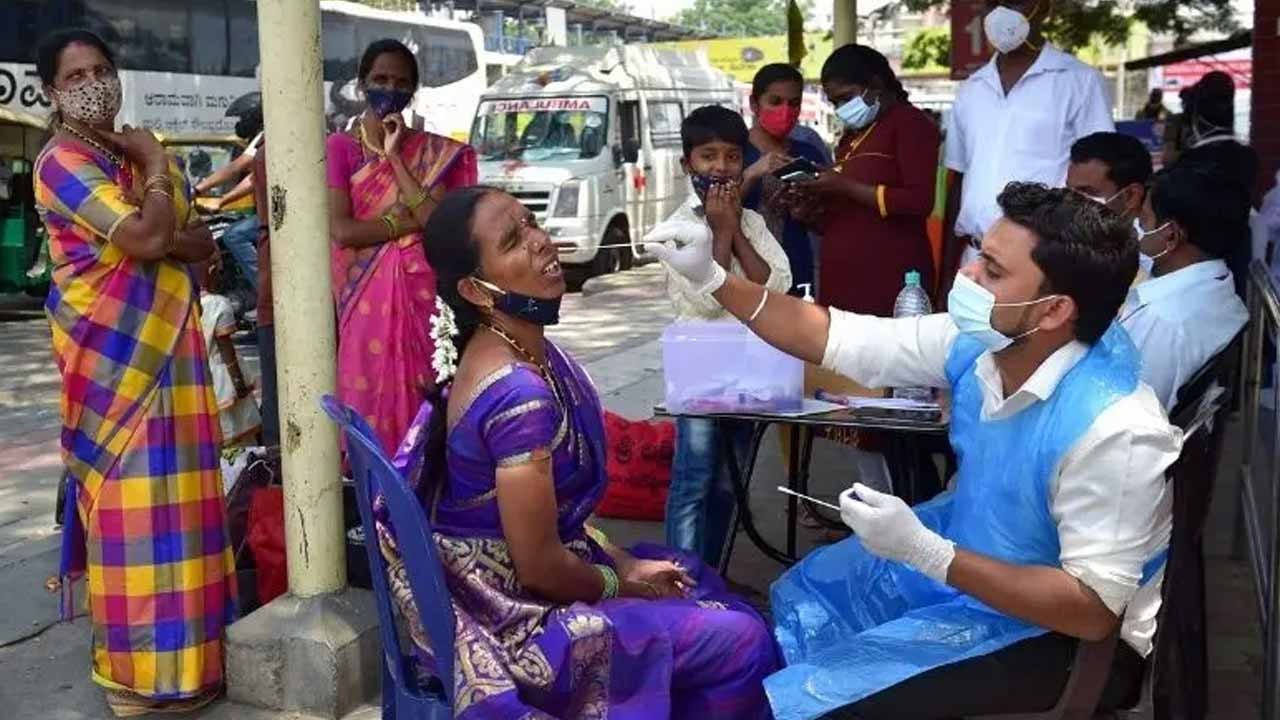
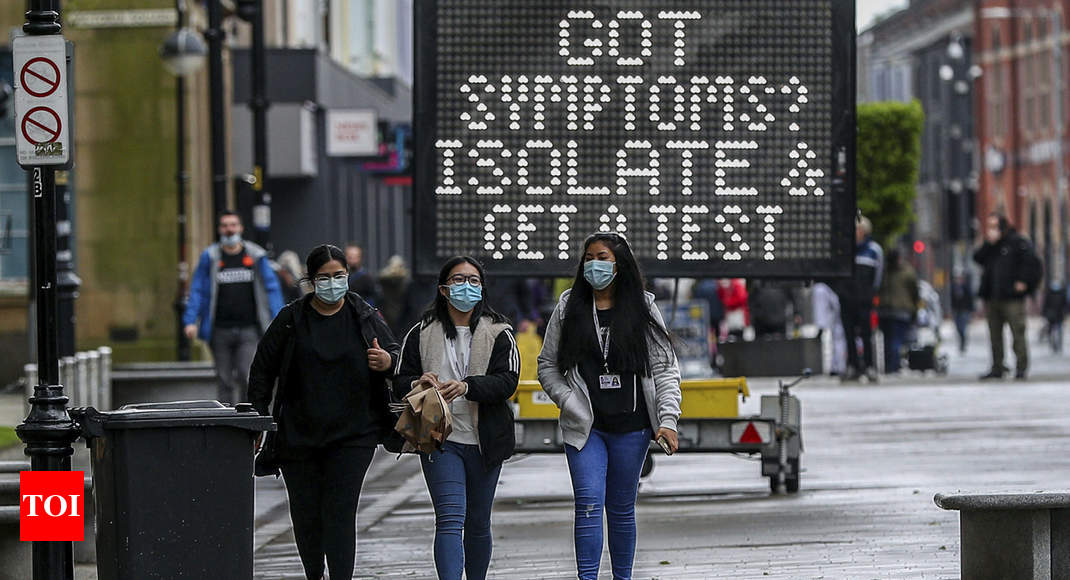
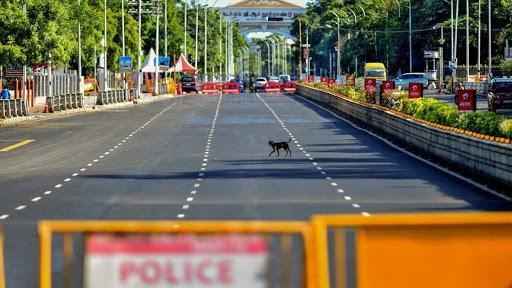
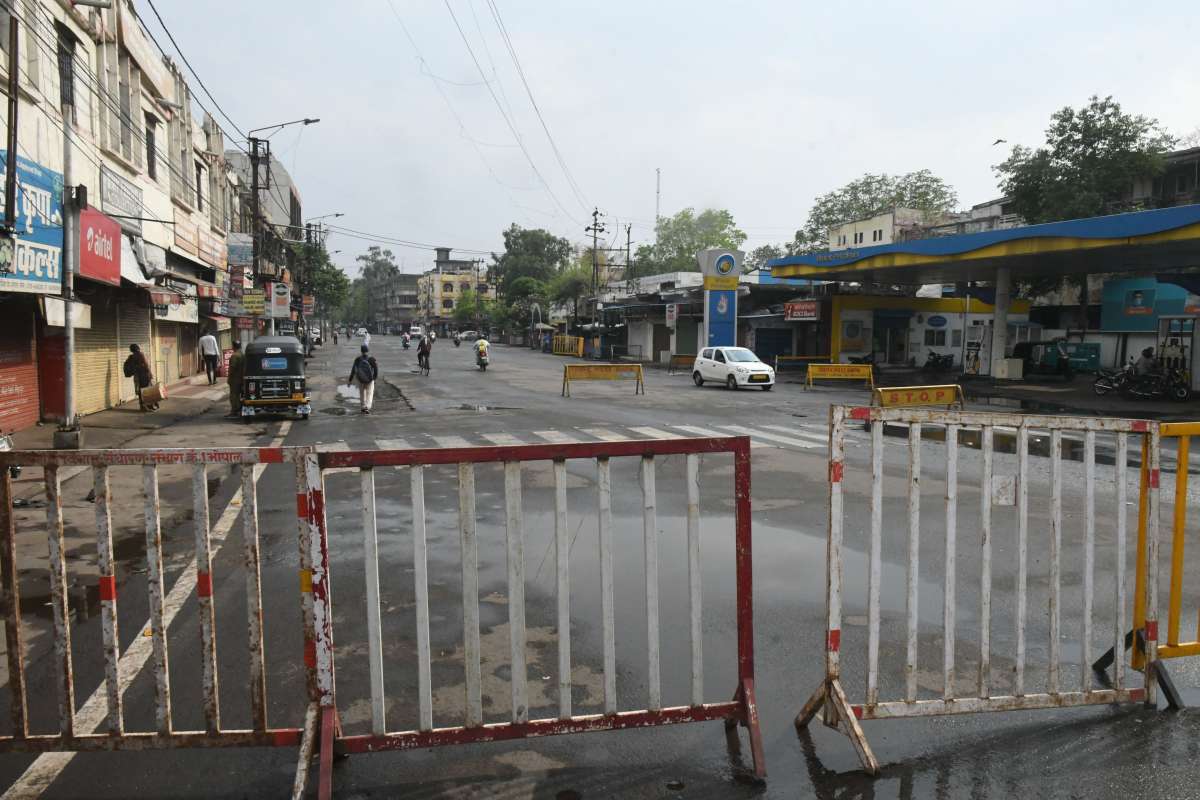
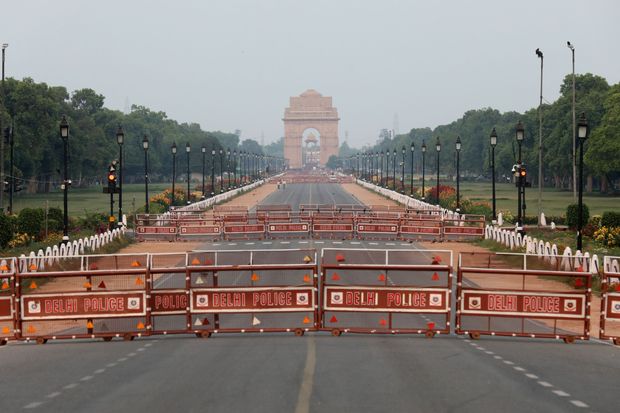


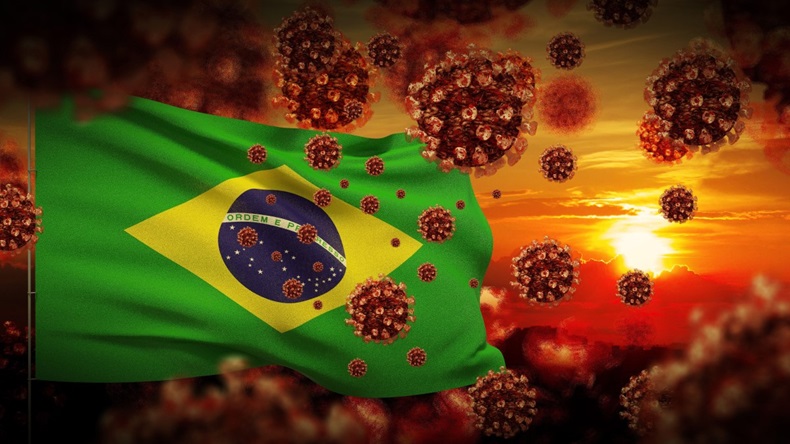
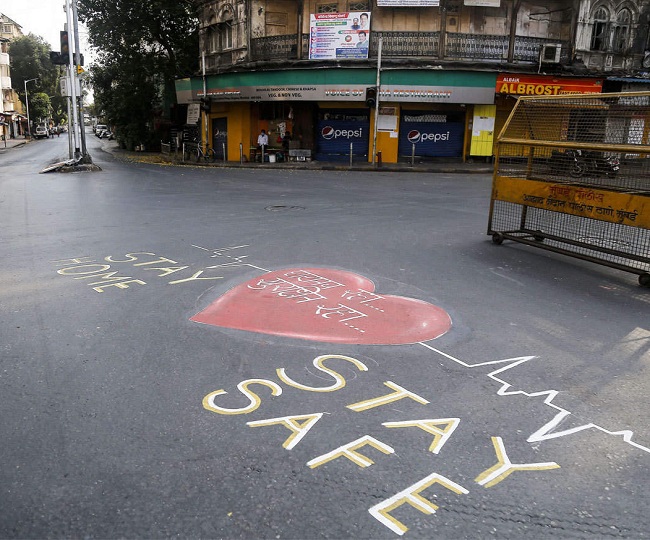





.jpeg)

.jpeg)










.jpg)




.jpg)

